Wall murals, a captivating form of artistic expression, have the power to transform not just your living spaces but also your emotions and mental states. In this exploration of "The Psychology of Wall Murals," we'll dive deep into how art influences human emotions, transcending mere aesthetics to become a profound tool for shaping our inner worlds. Join us on this journey as we unveil the profound connection between wall murals and the psychology of human emotions.
The Impact of Wall Murals on Emotional Well-being: Aesthetic Alchemy
The term "Wall Murals" encompasses a vast spectrum of styles, themes, and artistic interpretations. From serene landscapes and abstract forms to vividly colored street art, each mural has the potential to evoke a range of emotions. Let's delve into the psychological aspects of these artistic wonders.
1. Mood Elevation through Color Psychology
The choice of colors in wall murals plays a pivotal role in influencing emotions. Vibrant and warm colors like reds and yellows can evoke feelings of energy and positivity, while cool blues and greens tend to create a sense of calm and tranquility. The right color palette in a mural can elevate your mood instantly.
2. Art as a Mirror of Emotion
Wall murals often mirror the emotions and experiences of their creators. Artists use their work as a medium to convey their thoughts, feelings, and even societal issues. Viewers, in turn, resonate with these emotions, forming connections and experiencing empathy through art.
3. The Power of Nature: Biophilia and Well-being
Nature-themed murals, such as lush forests, serene oceans, or vibrant floral landscapes, have a unique ability to promote well-being. Biophilia, the innate human connection to nature, can be nourished through such murals, resulting in reduced stress, improved mood, and enhanced creativity.
4. Narratives and Storytelling
Narrative-driven murals, depicting scenes from history, folklore, or personal stories, invite viewers into a world of imagination. These murals engage the mind, evoke emotions related to the story, and create a sense of wonder.
5. Transformative Murals in Healing Environments
In healthcare settings, murals have been used as a tool for emotional healing. Pediatric wards may feature playful and colorful murals to uplift young patients' spirits, while serene landscapes in hospitals can provide solace and comfort to both patients and caregivers.
The Role of Personalization: Emotional Connection to Art
One of the remarkable aspects of wall murals is their potential for personalization. Customized murals, tailored to individual preferences, hold immense emotional value. Personalized art on your walls can evoke feelings of connection, identity, and nostalgia.
Choosing the Right Wall Mural: Emotions as the Compass
Selecting a wall mural for your space involves understanding your emotional needs and the desired atmosphere. Are you seeking tranquility, inspiration, or energy? Is there a particular emotion or memory you want to evoke?
Conclusion: Art as an Emotional Journey
As we've explored the profound relationship between wall murals and emotions, it becomes evident that these artworks are not merely decorative elements; they are conduits for emotional journeys. Wall murals can uplift, inspire, comfort, and provoke introspection. They become integral parts of our living spaces, influencing our emotions and enriching our daily lives.
In the realm of interior design, "Wall Murals" go beyond aesthetics; they become our emotional companions, reflecting our inner landscapes and offering solace or excitement as needed. Understanding the psychology of wall murals enables us to harness the emotional power of art, enhancing our well-being and fostering a deeper connection with the spaces we inhabit. As you contemplate your next mural, consider the emotions it may stir within you, for in that emotional resonance, you'll find the true magic of wall murals.
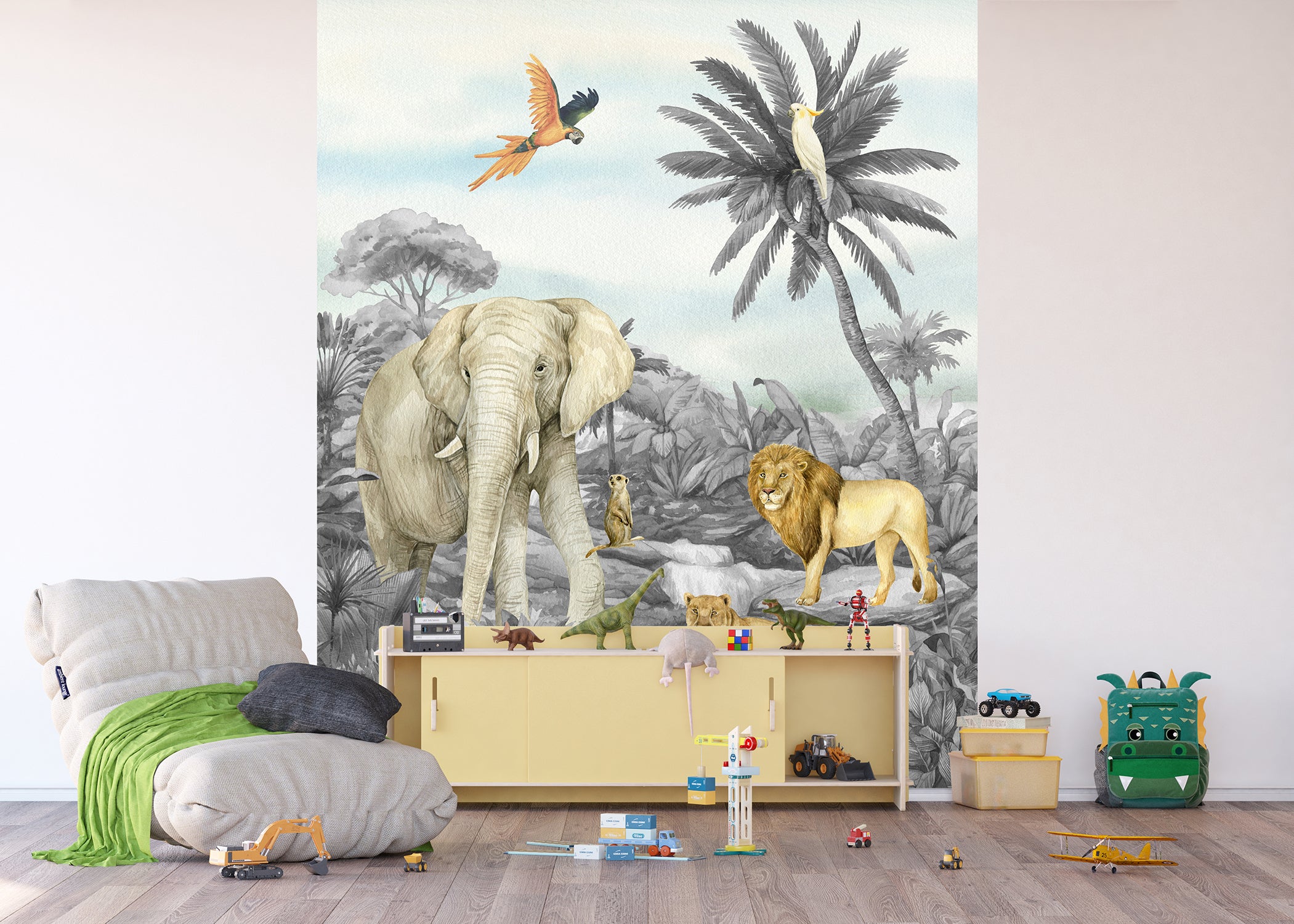
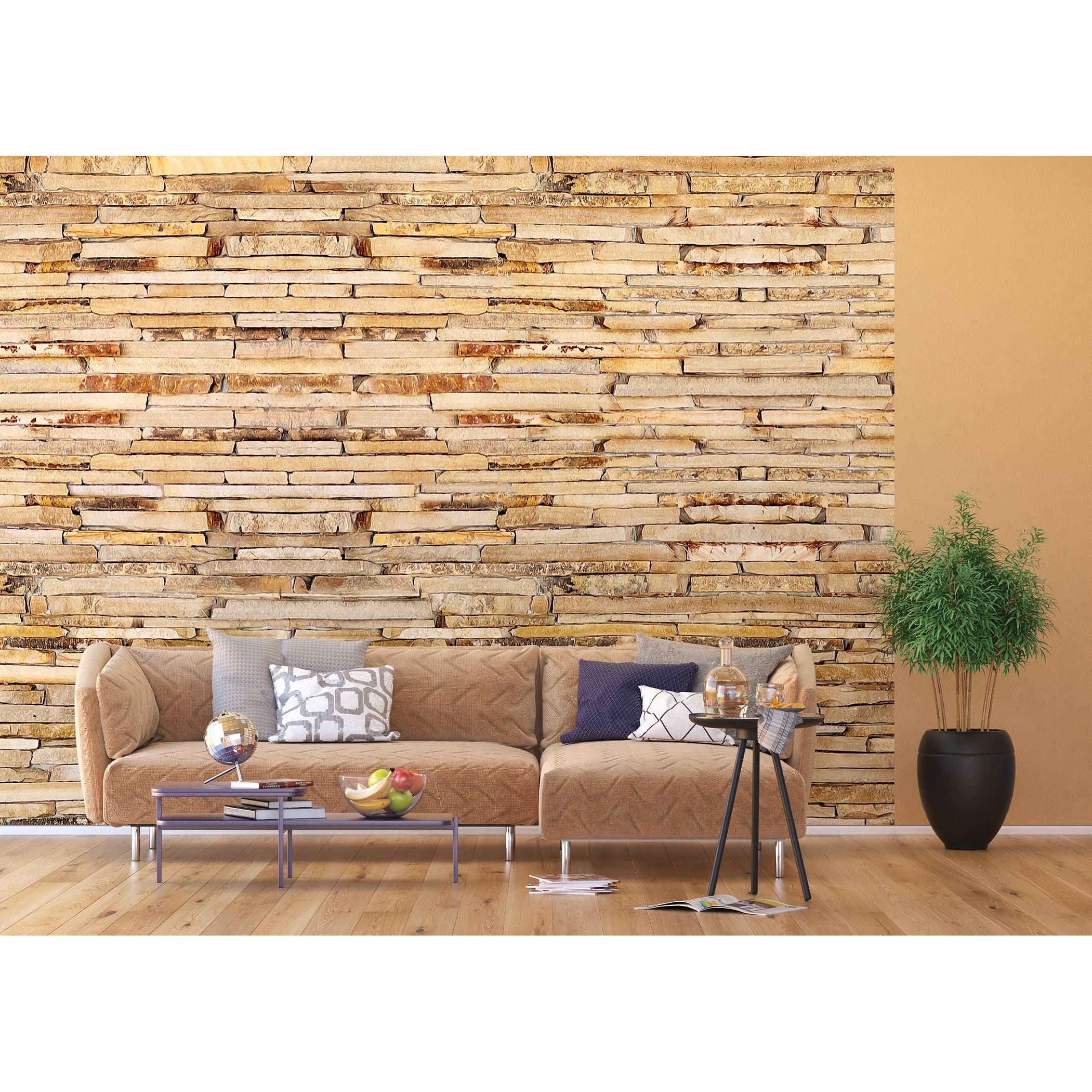

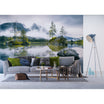
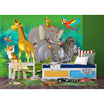
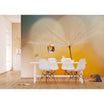
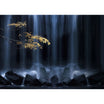
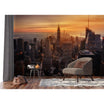
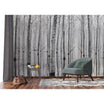

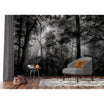
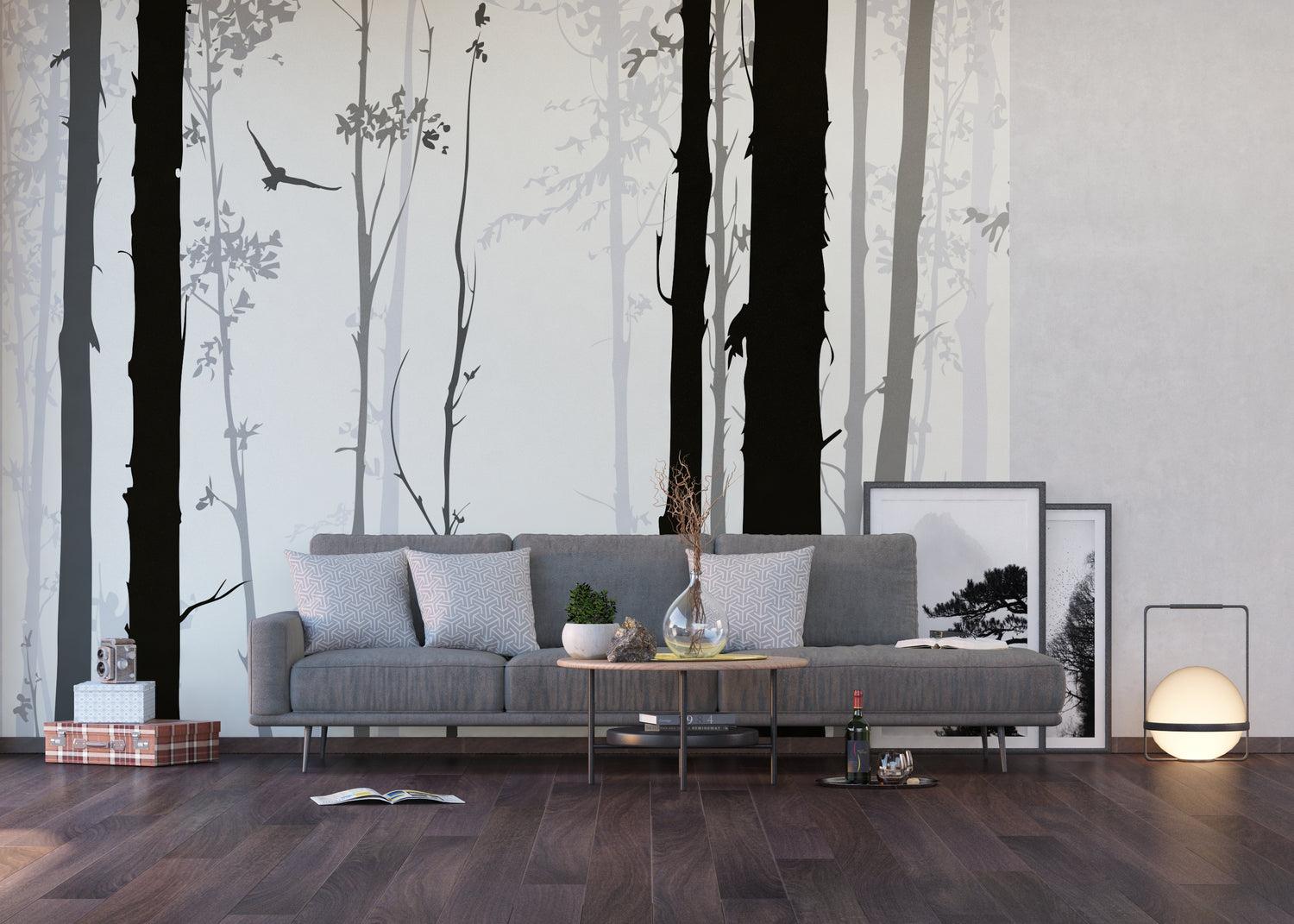
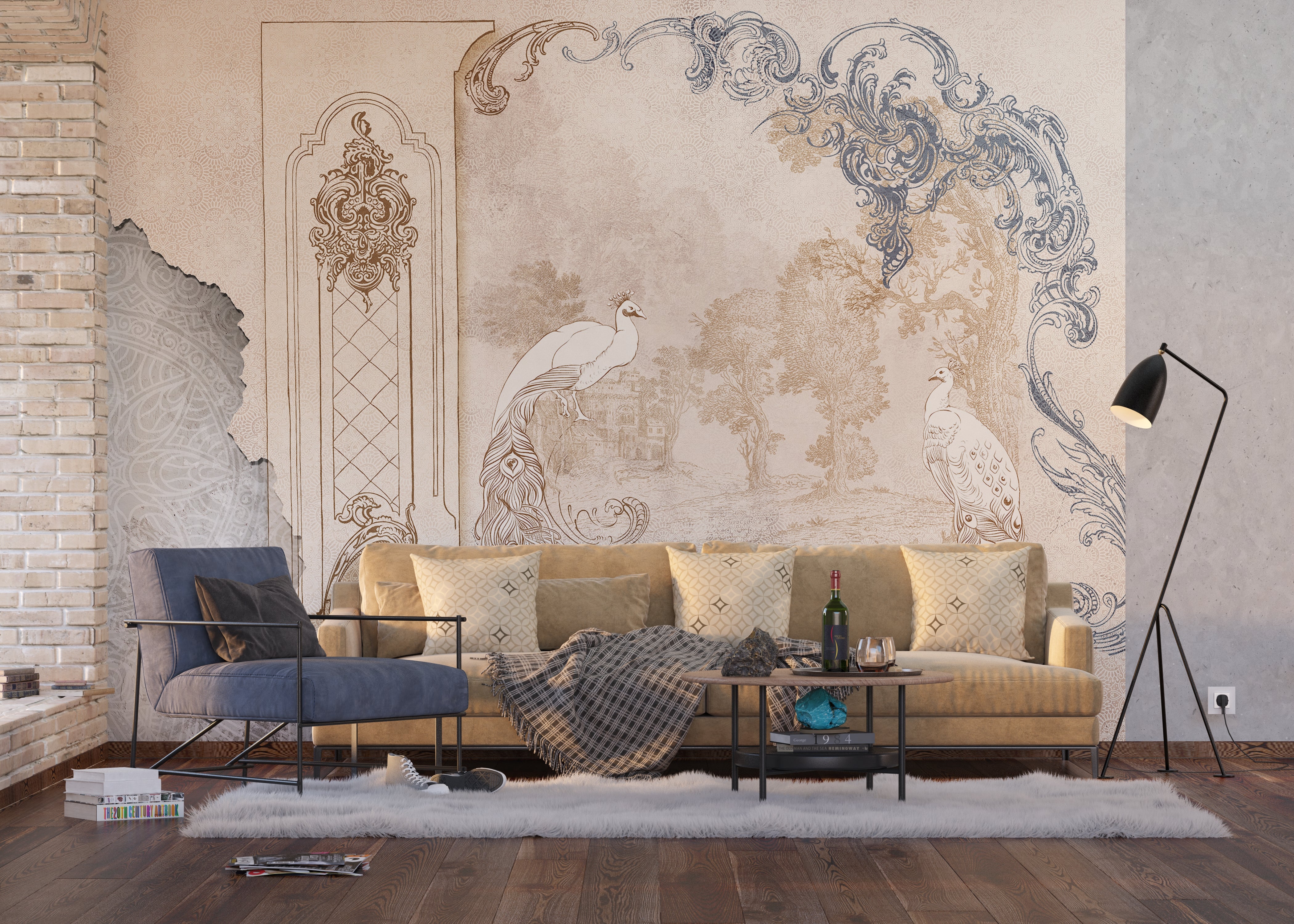
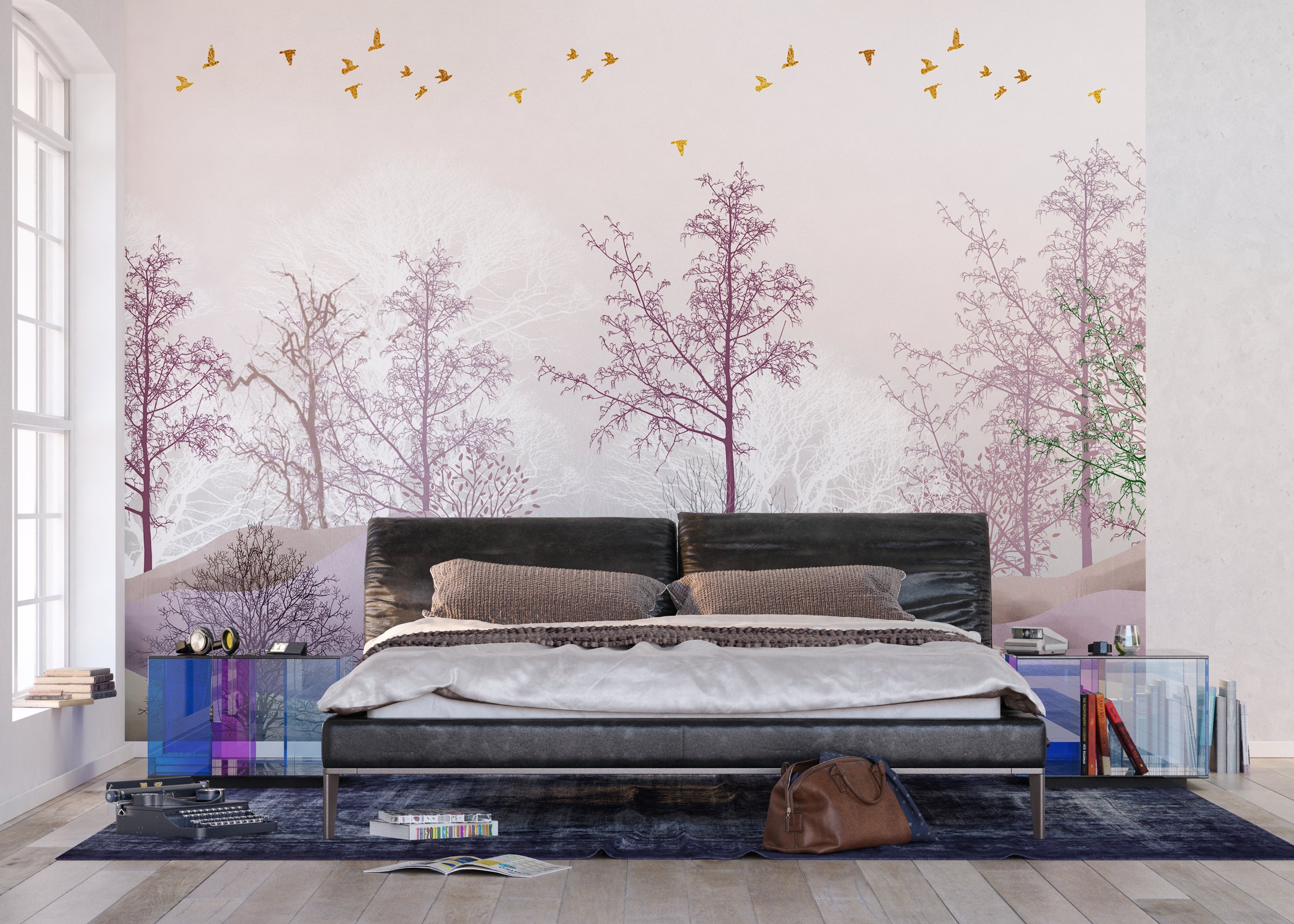
Leave a comment
All comments are moderated before being published.
This site is protected by hCaptcha and the hCaptcha Privacy Policy and Terms of Service apply.